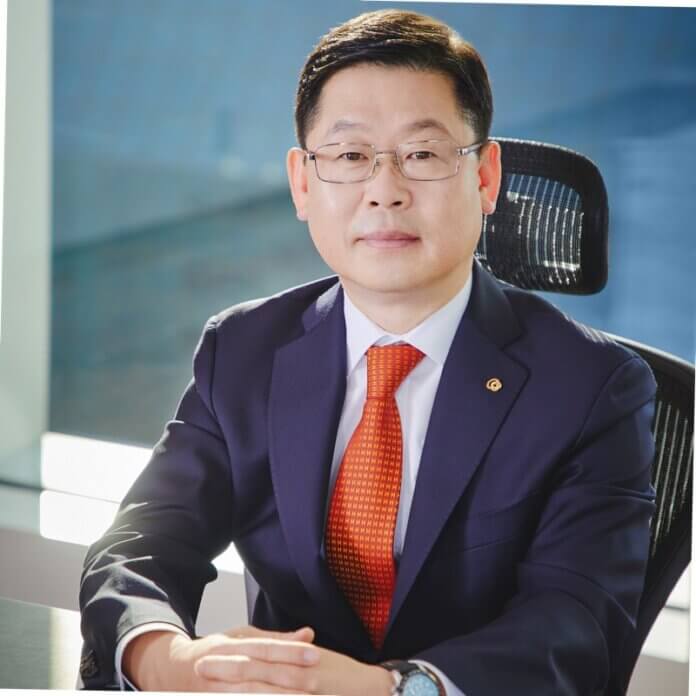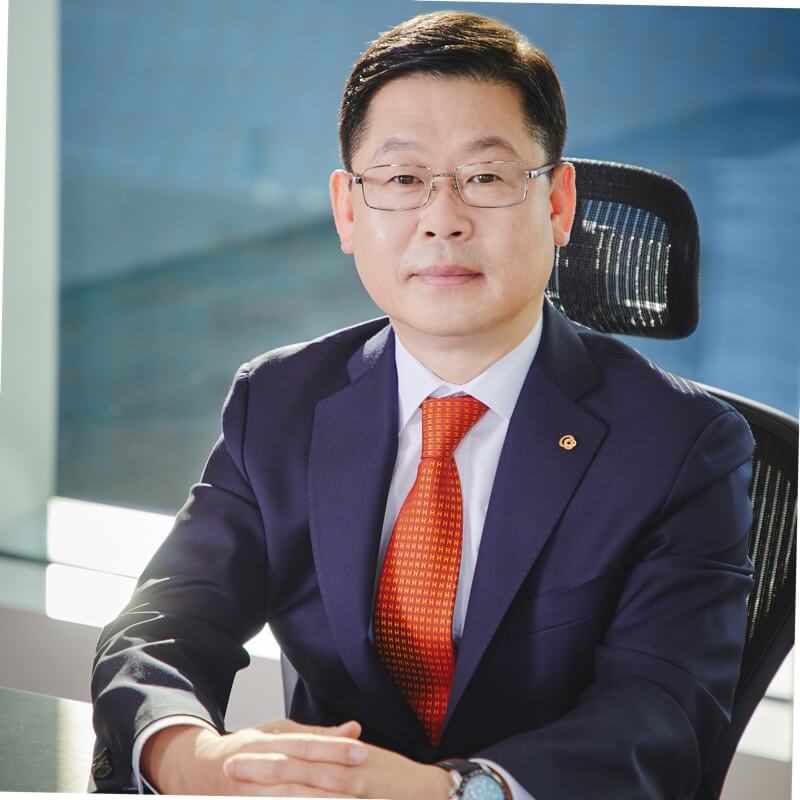
Hanwha Solutions, a Korean firm that owns Qcells, a completely clean energy solutions provider, has been awarded a $320m investment plan to expand its solar manufacturing capacity in the United States. This is to provide secure, cleaner energy amid rising calls for energy security, net-zero emissions, and energy security.
Hanwha said it will seek to spend $170 million building a 1.4 GW solar module production facility in the U.S. Qcells already operates a 1.7 GW module factory in Dalton, Ga. With the new factory expected to come online as early as the first half of 2023, Qcells’ total production capacity in the U.S. will exceed 3 GW – equivalent to one-third of current U.S. solar module production capacity.
The company also announced plans to increase cell production capacity in Korea. The company will invest $150 million to expand its cell factory there. The total capacity of Korean cells will reach 5.4 GW when the factory expansions are completed next year. This is the first Korean investment in solar cell manufacturing in five decades.
These investments are made to address the growing demand for renewable energy. Continuing energy market turmoil has driven fossil fuel prices skyrocketing. These price fluctuations, which were already made worse by the pandemic’s global supply shortage, have prompted calls all over the world for a reduction in fossil fuel dependency to ensure energy security and carbon minimization.
“Growing uncertainties tell us that securing reliable, sustainable energy has become more important than ever before,” states Justin Lee, CEO of Hanwha Qcells. “To do this, Qcells will increase renewable supply from diversified sources and find cleaner ways to produce energy. That way, we will contribute to both energy security and net-zero emissions.”
Hanwha Solutions plans to secure low-carbon silicon from global manufacturers in order to further improve and decarbonize its solar panels production process. The company reached an agreement with OCI, a Korean polysilicon manufacturer, to receive polysilicon manufactured in factories using carbon-free hydrogen electricity. OCI will provide Hanwha with “clean polysilicon” for the next 10 years.
Hanwha is also supplied low-carbon silicon from other sources. The company was the largest shareholder of REC Silicon (a Norwegian polysilicon manufacturer based in Norway), in March. The company also owns large production facilities in the US. REC Silicon uses hydropower to produce solar-grade polysilicon at its Moses Lake, Wash production facility.
Faced with the rising cost of energy in Europe, the company came up with innovative solutions to lower heating bills. Qcells and Samsung Electronics are collaborating to bring a smart heating system to the market. The goal is to launch it in June. Combing Qcells’ solar panels and energy storage system with Samsung’s Eco Heating System, it will lower heating bills for households in Europe.
Hanwha Solutions’ decision to expand the Qcells’ module factory in the U.S. comes as a part of its effort to help rebuild the domestic US solar supply chain. It will create high-paying employment opportunities for the future. Hanwha already employs approximately 750 people at its U.S. module production plant. The new facility will help to increase the number of local jobs.
Hanwha will increase investments in the U.S. by implementing a durable, long-term policy that incentivizes solar manufacturing. This requires implementing a “whole-of-government” approach, including smart trade policy, strengthened Buy American rules, and especially long-term domestic manufacturing tax legislation.
“Ensuring policy certainty is crucial to realizing our goal of rebuilding the US solar value chain,” adds Lee. “With our relentless efforts to provide reliable, sustainable energy, we will do our utmost to solidify Qcells as the dependable choice for the U.S. solar market.”
